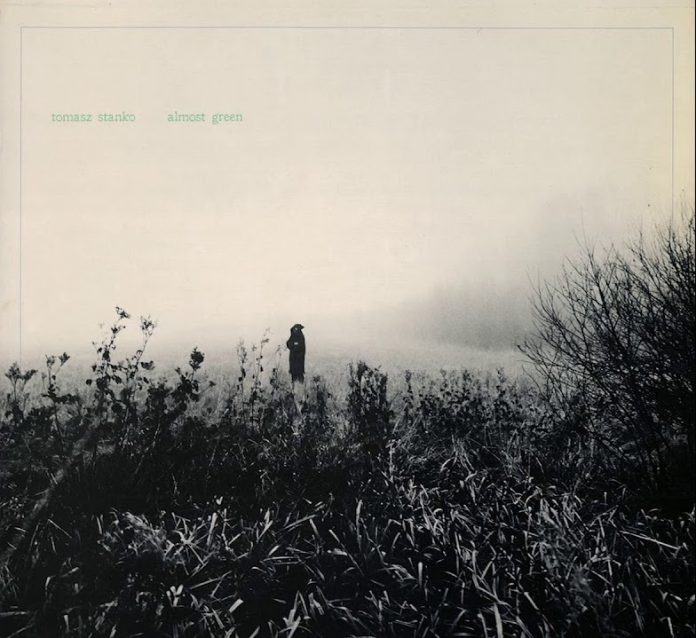This group has apparently worked together for some four years, and the accompanying promotional leaflet frankly acknowledges the influences of “Ornette Coleman’s famous quartet and Albert Ayler’s hymn-like melodicism”. Polish folk music is also said to have left its mark, although that is something on which I cannot pronounce.
Stanko’s collaborations with Vesala go back to 1972, and the latter is heard to superior effect here than on Juhani Aaltonen’s Springbird (Leo 005). The music is indeed strongly affected by the parties named, and Stanko, who was born in Poland during 1942, was among the first musicians in Europe to respond positively to what Coleman was doing twenty years ago.
It is also, one must add, not particularly original. All the participants are excellent players who fully understand how this sort of jazz works and know exactly what they are doing. Nor do they lack real musical ideas. They are finely responsive to one another, and the performances are well integrated. The trouble is that we have heard it all before from greater men. For adepts, such jazz, worthy though it is, must sound stale, although it possibly serves to lead newcomers towards the real thing.
Like other Leo releases, it is beautifully recorded.
Discography
New Song; From Green Hills; Slowly By (10.42) – When On Earth; Almost Green; Megaira (17.50)
Tomasz Stanko (t); Tomasz Szukalski Its); Palle Danielsson (b); Edward Vesala (d). Helsinki, 1978.
(Leo 008)
















